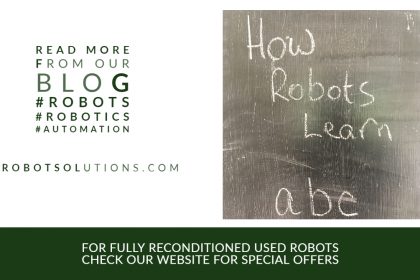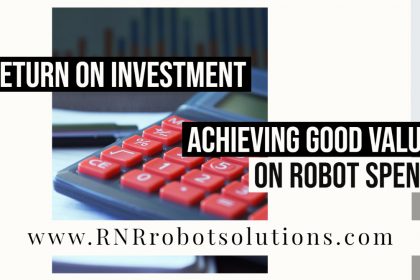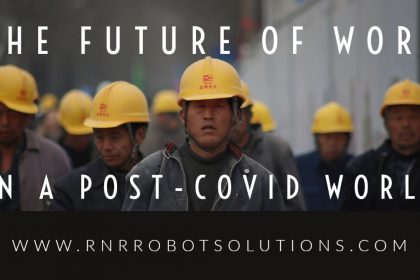2 reports in a week place a focus on the Future of Work in a rapidly changing global economy impacted by the pandemic and increasing automation.
The recent RSA report on work and automation in the time of Covid 19, Who is at Risk looks at the implications of 2 forces interacting in the UK jobs market: the ‘tsunami of job losses’ due to the global pandemic, and the accelerating pace of technological change.
Their findings make for sobering reading. Perhaps unsurprisingly, industries with the highest level of furlough take-up are more likely to be at risk of automation – yet not all industries impacted by the pandemic are at high risk of automation. There will be “new winners and losers, with industries we previously thought to be more resilient now on the brink of collapse”. They suggest there is no ‘one size fits all’ approach and propose a set of policy recommendations to support the workforce in this time of crisis:
• Targeted support to protect jobs at risk of Covid-19 with a long-term package for businesses in the most at-risk sectors
• Transition services for workers at risk of Covid-19 and automation where workers are redeployed into more resilient sectors
• Upskilling workers most at risk of automation
It is the spread of automation which is helping fuel concerns about future patterns of work. The World Economic Forum Jobs Reset Summit looks at similar issues to the RSA but with a global perspective. The rate of automation is being increased due to the pandemic. Over the next 5 years, the WEF predict 85 million jobs will be lost in the 26 most economically active countries. Where now the balance is in favour of humans, with 67% of work tasks completed by humans, in 2025 this will have changed to be more of an equal balance between humans and machines.
There is good news – they also predict an increase of 97 million jobs, created to cope with the new division of labour between humans, machines and algorithms. There will be dramatic changes in the patterns of work, with decreasing job demand in sectors such as data entry clerks, admin and executive secretaries, and accounting, bookkeeping and payroll clerks. At the same time expect an increase in demand for data analysts and scientists, Artificial Intelligence and machine learning specialists, and big data specialists.
The core messages coming from both reports are similar: the future is digital, and the workforce needs reskilling.
The concern for the UK is that we are continuing to lag behind our competitors in the deployment of robotics in industry. The most recent league table looked at the density of robot workers, measuring the number of installed industrial robots per 10,000 employees in the manufacturing industry sector. The UK doesn’t come in the global top 12, and is behind other European countries – Germany, Sweden, Italy, Belgium, Spain, France and Switzerland are all in the top 12.
“Change in the jobs market isn’t new, and we shouldn’t be afraid of new developments – just 30 years ago there were no website designers”, says Liz Reid, MD of RNR Robot Solutions. “What we are seeing now, though, is rapid change and our society has to be able to adapt quickly in order to stay competitive in the global economy. It’s not just about new skills, we need to be actively encouraging our wider business sector to embrace automation.”
Liz was interviewed on BBC Radio Norfolk to talk about the future of work – listen to the interview here at about 3 hours, 10 minutes.









